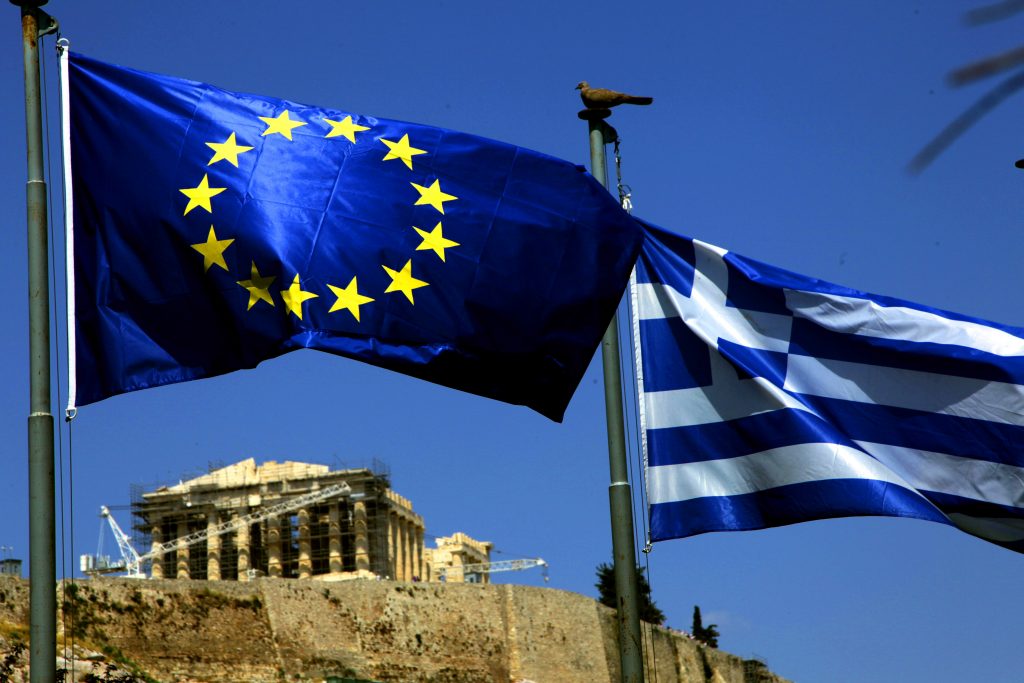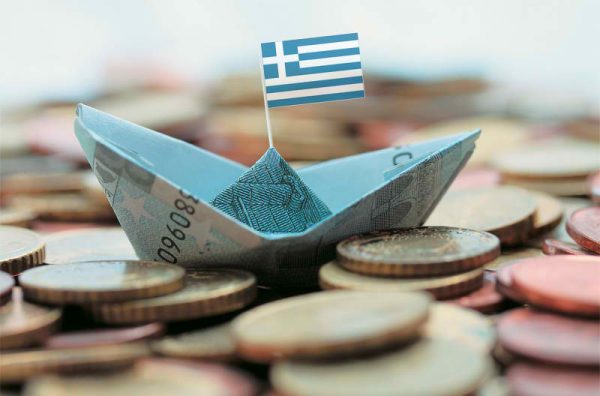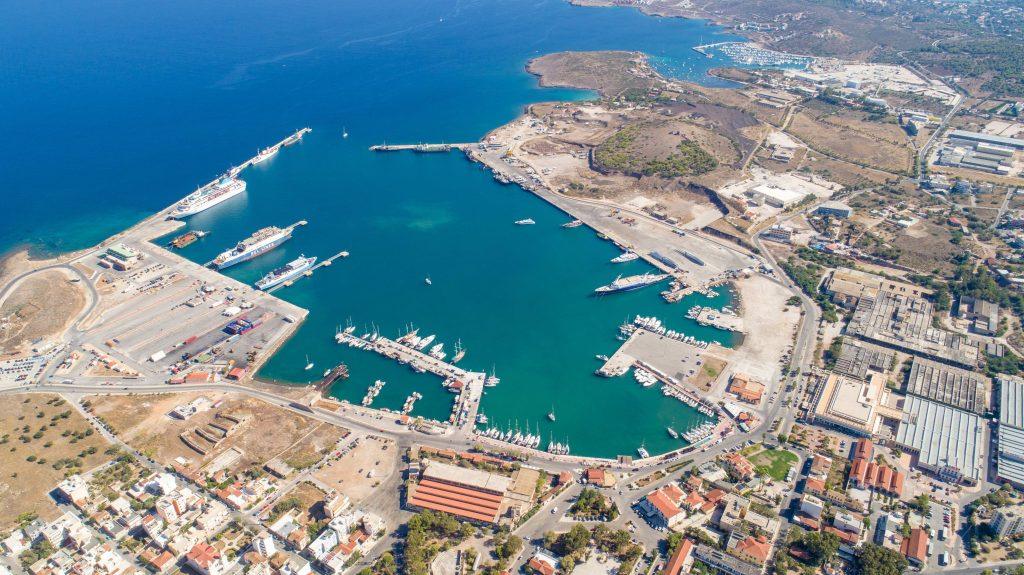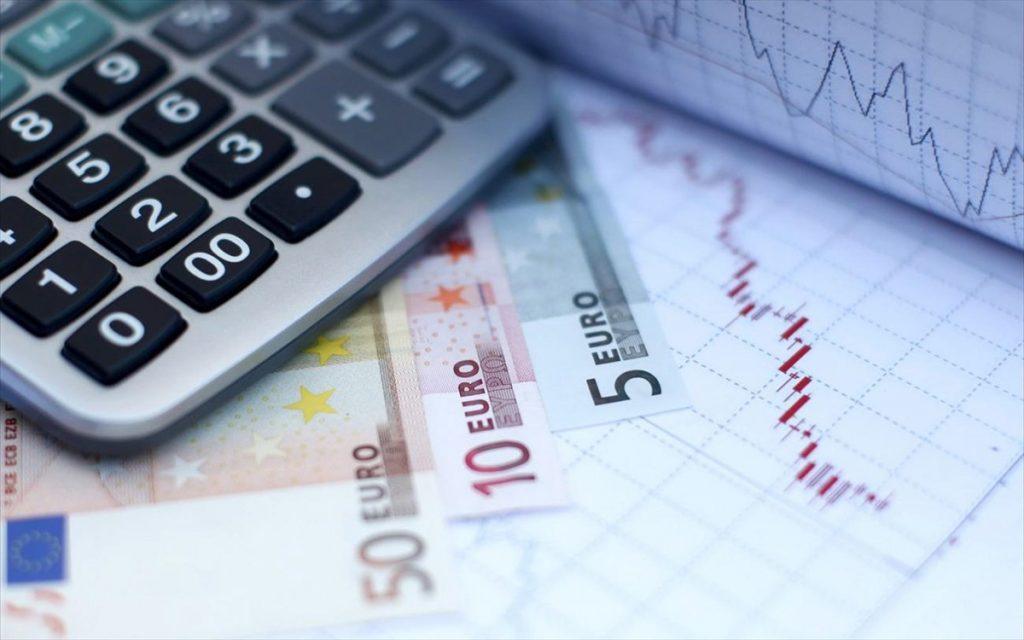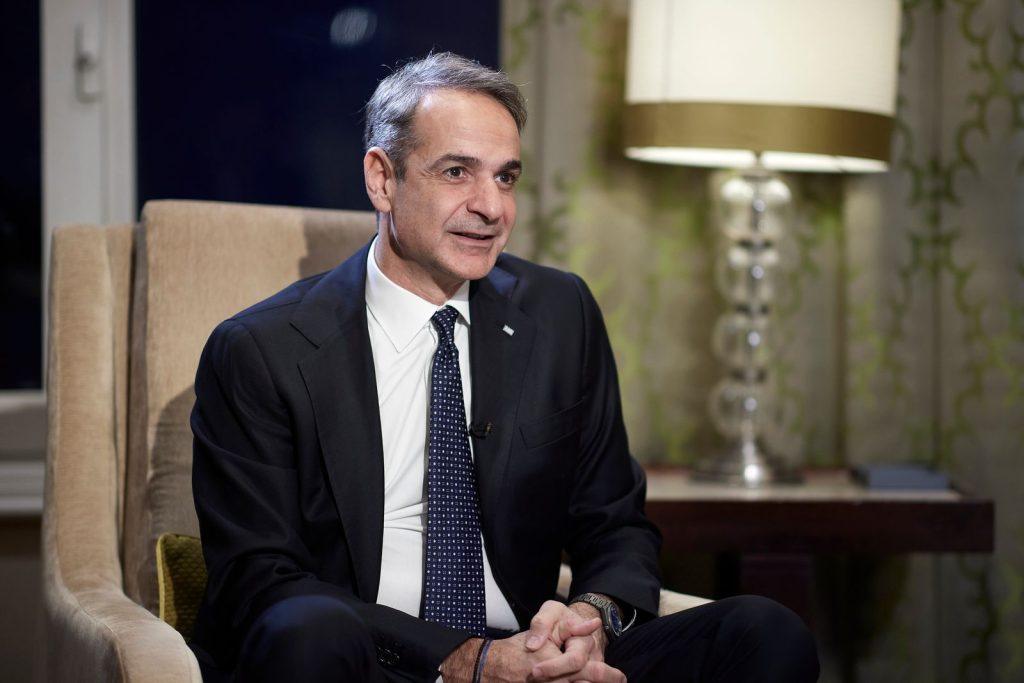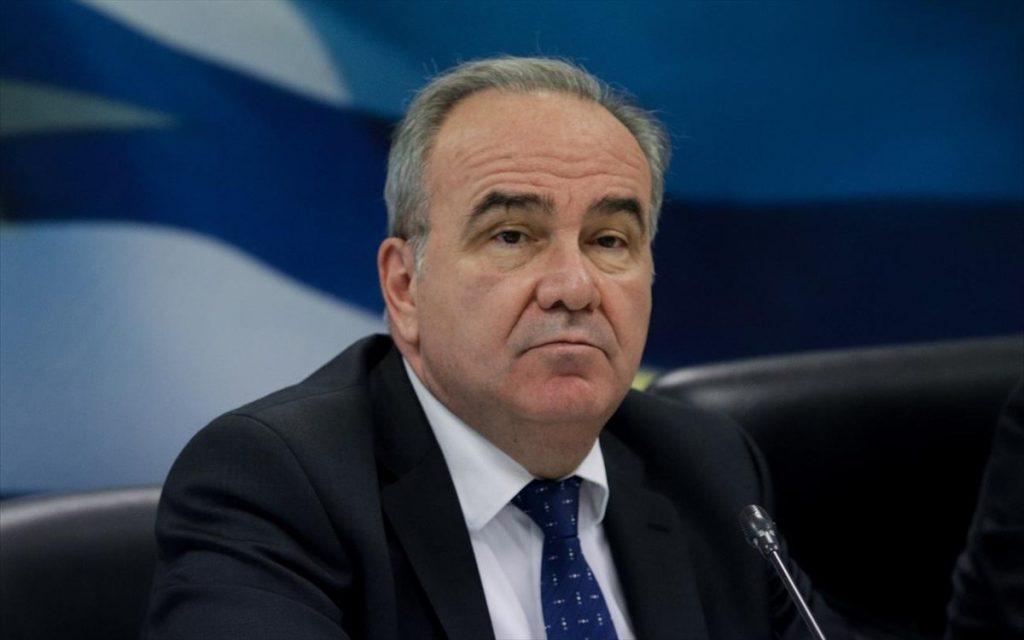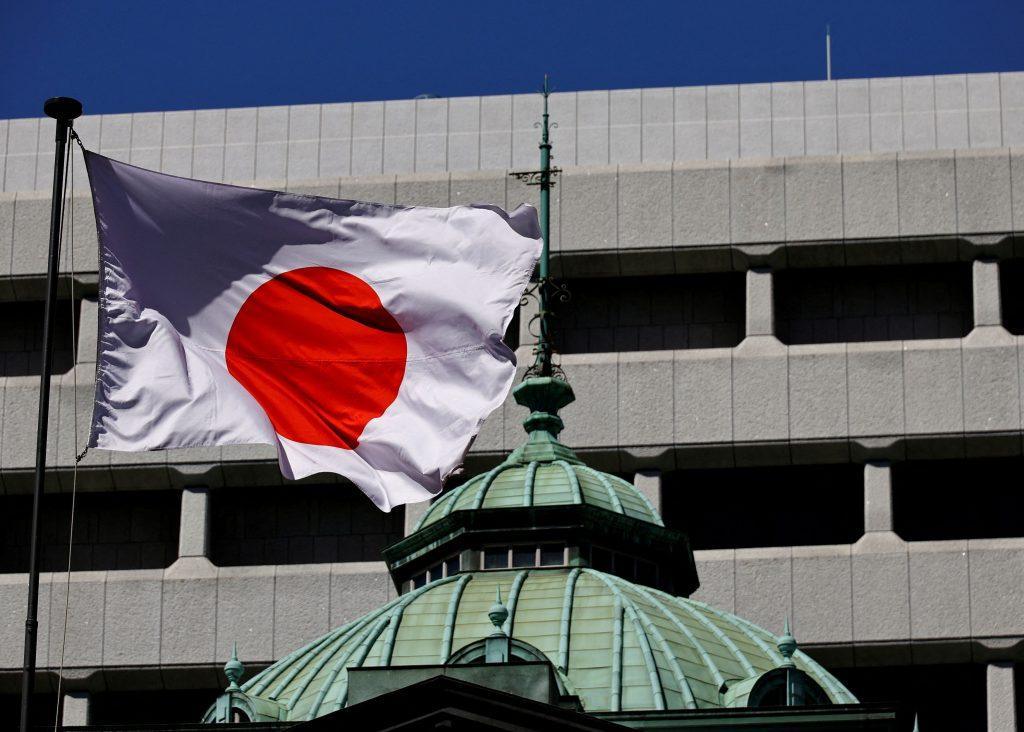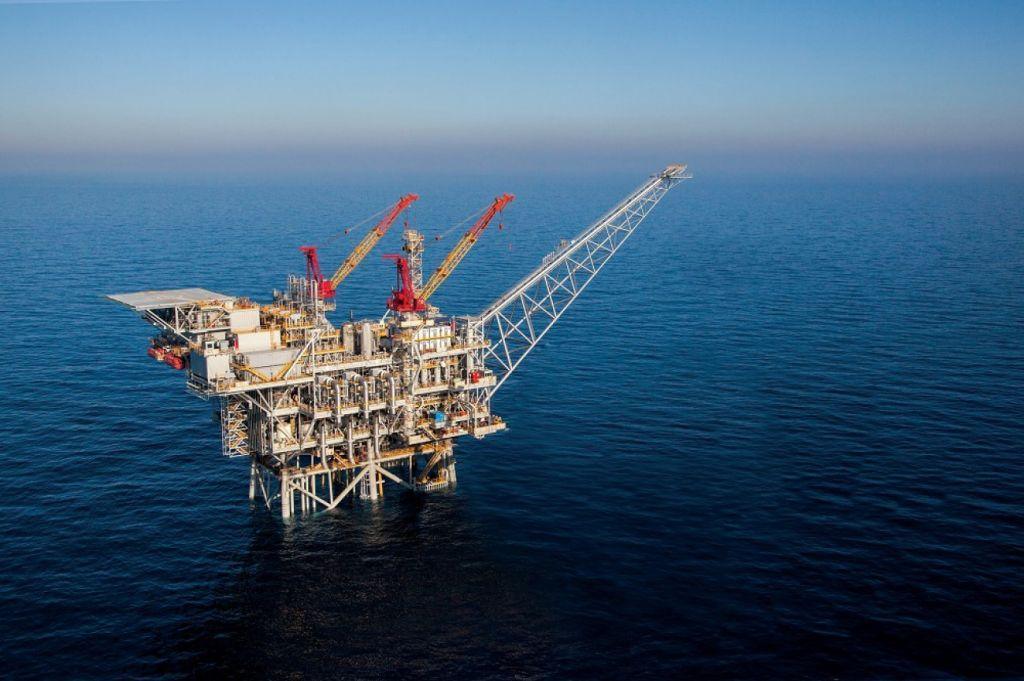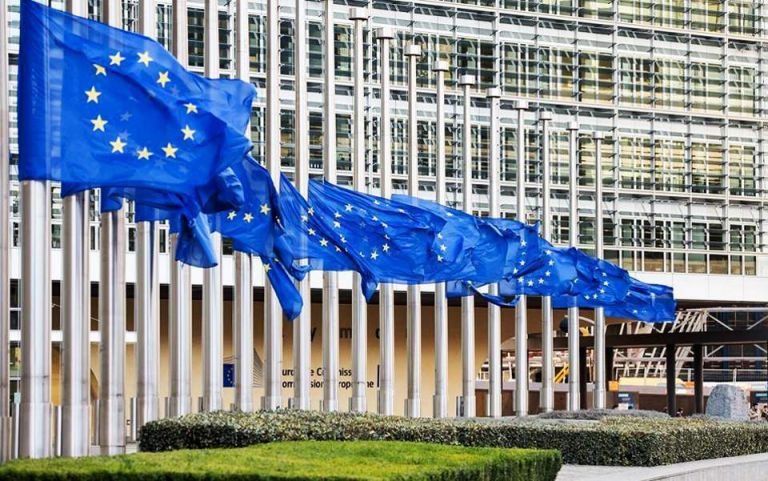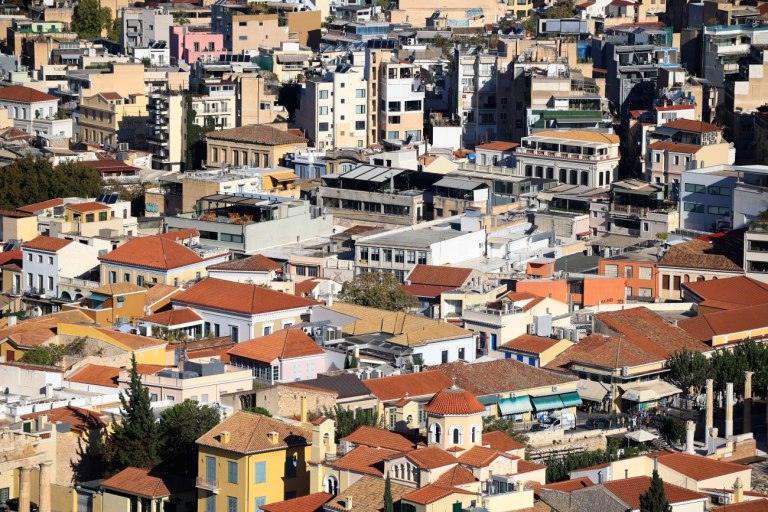The estimates of economists, government and institutions for this year’s growth rate are being “clipped” with the revised figures standing at percentages of around 3-4%, from about 5%, where the estimates stood last November.
The unpredictable multi-month and strict lockdown has lowered the initial expectations for the course of the recovery, with analysts, however, expecting a “boost” of the Greek economy from 2022, with the strong growth course maintained until 2025-2026.
The next 12-14 months are the period that the Greek government has “bet on” for the recovery, but 2022 is a turning point year, as until then the current fiscal easing for the Eurozone member states will be in force, while pundits are watching the movements of the European Central Bank and the bond market program.
Estimates now show that it will be difficult for the Greek economy to return to 2019 levels before the end of 2022. Budget support measures were initially estimated at 7.5 billion euros for 2021, the primary deficit at 6.670 billion euros or 3.88% of GDP, but now the bill has risen to 14 billion euros and the deficit is now estimated to reach 6-7% of GDP. The imprint of the “scars” of the pandemic can be seen in the data of the Hellenic Statistical Authority (ELSTAT) as the debt amounted to 205.6% of Greek GDP at the end of 2020 and the general government deficit amounted to 9.7% of GDP.
During the recent consultations of the Institutions with the government’s financial staff, the developments on the fiscal front and the effects of the restrictive measures on the economy were put on the table, with estimates showing that the recovery in 2021 will be around 3.5-4%, with the forecasts of course being within an uncertain environment, as the landscape for the course of this summer season – that is, the tourism wager – being still murky.
The heads of the Institutions appear more pessimistic about the growth of the Greek GDP approaching the new revised estimate of the Minister of Finance Christos Staikouras in the scenario of 4.2%. The estimates of the financial staff are expected to be reflected in the Stability Program scheduled to be submitted to the Commission at the end of April and in the Medium Term Fiscal Strategy Framework in May.
According to information, the Ministry of Finance will incorporate a basic scenario for the course of Greek GDP and possible revisions will be made after the summer where it is estimated the landscape of the health crisis will have cleared up, as well as the course of revenues from the tourism sector.
The goal is for this year’s revenues from tourism to be at 40-50% of the revenues of 2019, ie around 78 billion euros. In February 2021, travel receipts decreased by 89.4% compared to the corresponding month of 2020. Receipts from residents of EU-27 countries decreased by 85.7%, amounting to 11 million euros, while Receipts from residents of non-EU-27 countries decreased by 91.3% (February 2021: EUR 13 million, February 2020: EUR 145 million).
In the period January-February 2021, the travel balance showed a surplus of 10 million euros, compared to a surplus of 169 million euros in the corresponding period of 2020. A decrease of 453 million euros (-90.3%) was presented by travel receipts, which were formed to 49 million euros, while a decrease of 294 million euros (-88.3%) was also observed in travel payments, which totalled 39 million euros. The decrease in travel receipts is due to the decrease in incoming travel traffic by 87.9%, as well as the decrease in the average expenditure per trip by 19.6%. Net receipts from travel services offset the goods deficit by 0.3% and contributed 2% to total net receipts from services.
The forecasts for 2021
The recession in 2020 was 8.2%, below forecasts and now estimates give growth close to 6% for 2021. In its basic scenario, the Foundation for Economic and Industrial Research (IOBE) predicts growth of the Greek economy at a rate of 3 , 5% -4% for the current year. If the health crisis subsides more slowly, limiting the tourist season, and recovers in the fall (unfavorable scenario), with delays in the absorption of funds from the Recovery Fund, growth will be milder (1.5-0.2%).
For 2021, HSBC gives 2.2%, the Parliamentary Budget Office 2.7% and Deutsche Bank with 2%, while the OECD drops the recovery to 0.9%.
In a new report, Citigroup forecasts growth of 3.7% in 2021 and 5.9% in 2022 for the Greek economy. Greece appears as the third most favored country from the Recovery Fund (after Bulgaria and Croatia), whose resources can strengthen annual GDP by 1.5% until 2025. Also, for 2023 it places the growth in 3.9% (from 2.6% before), in 2024 to 3.2% (from 3.1% before) and in 2025 at 3.1% (from 3.3%). At the same time, it reiterates that the cumulative growth of Greek GDP in 2021-2022 will be over 10%.
Deutsche Bank estimates that Greece will record the second slowest growth internationally, which it places at 2%, while in 2022 it expects an impressive year, recording rates of 6.1%.
What will determine the size of the recovery
The IOBE report is interesting, because the rationale around the basic scenario is analyzed. So the tourism movement in mid-May has been integrated, as planned by the government, but it thinks a little more realistically that the tourist season will be pressured in the end, and the good season may be in September and October.
Under the baseline scenario, in which most of the existing safeguards will be maintained until mid-May, when the tourist season begins, there will be no new strong outbreak of the pandemic in the autumn and the target for absorbing the funds of the GDP growth this year will come mainly from rising exports (+ 11% to + 13%) and private consumption (+ 2.5% to + 3.5%). There will be an increase in investments (+ 12% to + 15%). The strong domestic demand will also be reflected in the demand for imports (+ 8% to + 11%). Public consumption will shrink 3.0% – 4.0%, as fewer support measures will be needed than last year.
It is noted that according to the plans of the Commission, which ever Member State’s plan is approved first, will receive the advance payment of 13%. For Greece, this amount corresponds to 4.1 billion euros.
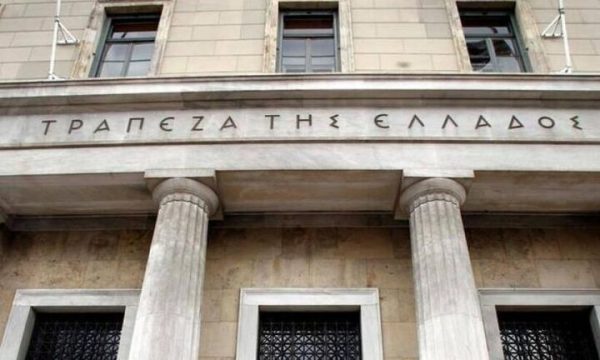
The Governor of the Bank of Greece Giannis Stournaras in the Report of the Bank of Greece forecasts growth of 4.20% in 2021 but with asterisks. He stressed the need to implement, fiscal interventions and emergency measures by the banking system, targeting categories of workers and productive sectors that have been hit hardest but remain financially sound, as long as the pandemic lasts and until the recovery is established.
Also, the use of European resources from the second half of 2021 will strengthen the dynamics of growth and will facilitate, through the growth of GDP, the restoration of the fiscal balance without the need to return to the strict austerity policies of the past that trapped the economy in a vicious cycle of recession and stagnation.
According to the report of the Bank of Greece, the full implementation of the Recovery and Sustainability Plan can potentially increase the level of real GDP by 6.9% by 2026, ie a positive contribution to the GDP growth rate by approximately 1.15 percentage points. units on average each year for the period 2021 – 2026.
Also, private investment will increase by about 20% in 2026 and employment by 4%, which means the creation of 180,000 to 200,000 new jobs by 2026 in addition to the baseline scenario. It is important that tax revenues to GDP increase by 2.8 percentage points in 2026.
According to Citigroup, the long-term challenges with, however, potential growth remaining weak despite the reforms due to negative demographics and limited export competitiveness, although Growth Fund resources could actually improve the business environment by strengthening the dynamic of the economy.
Deutsche Bank estimates that the recovery in the eurozone may be strong due to the acceleration of vaccinations and the recovery of demand, which may add 1% to 2021 GDP as in the first quarter savings in Europe reached 600 billion euros .
